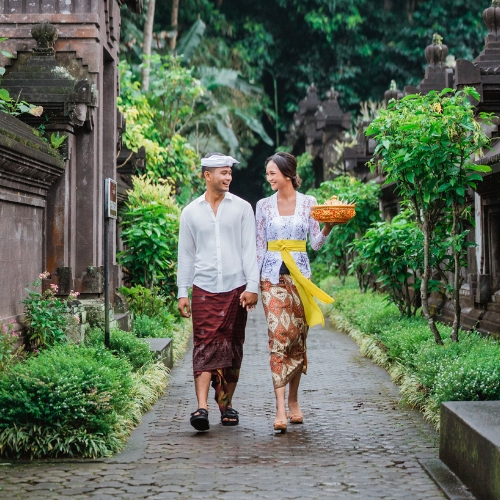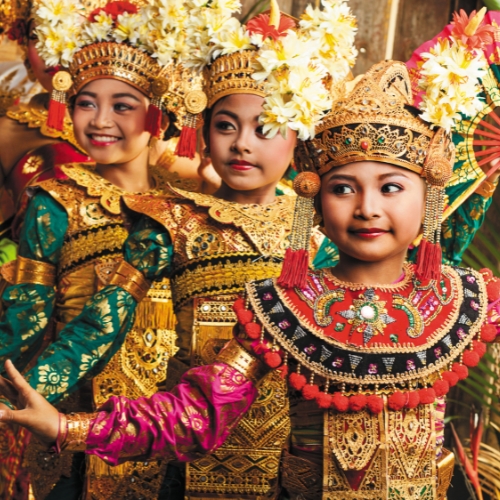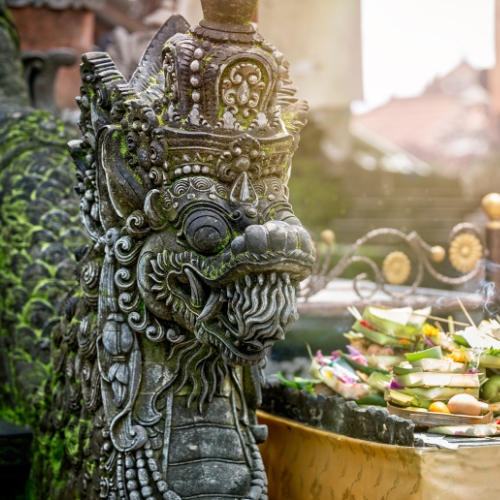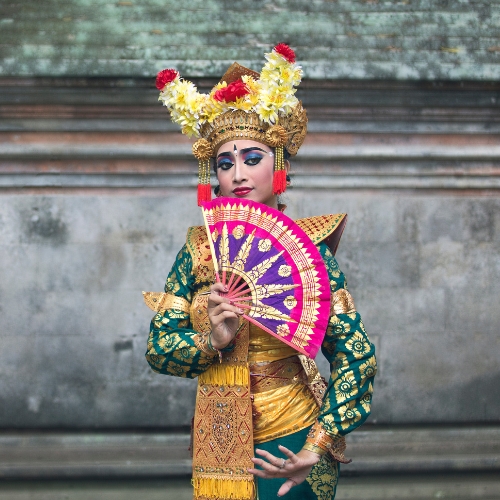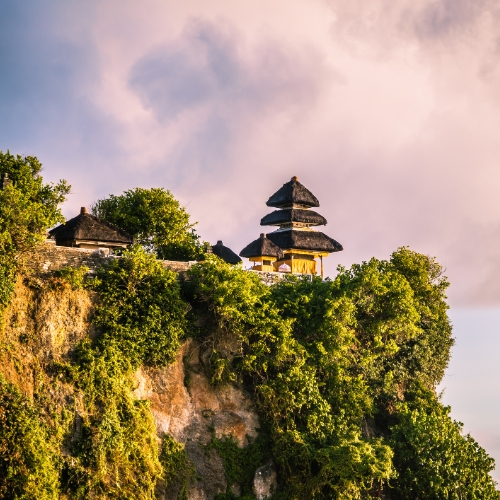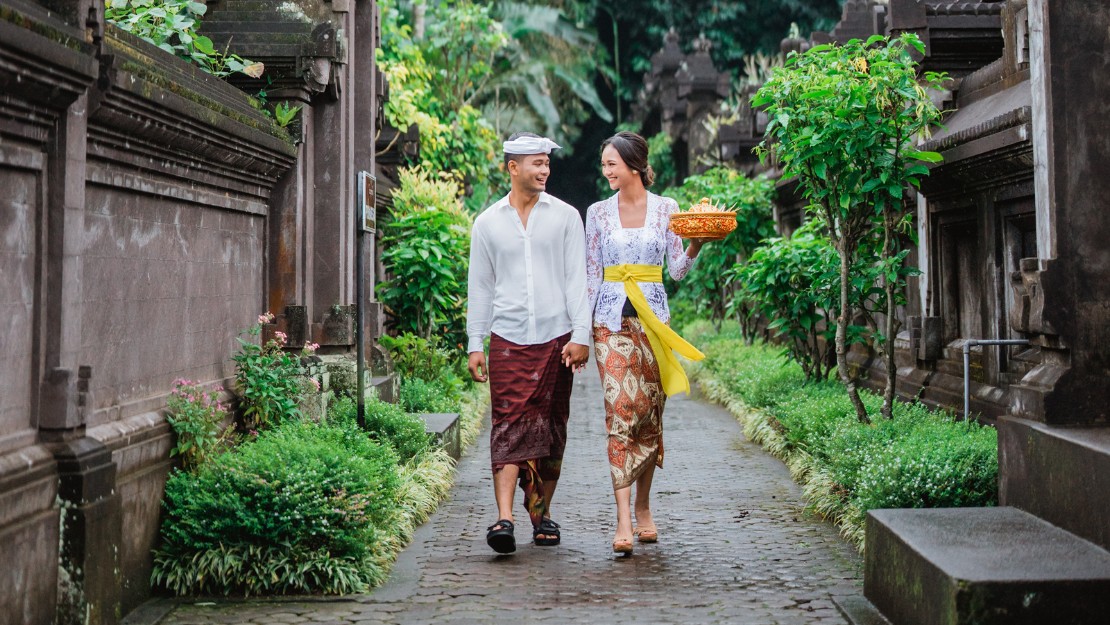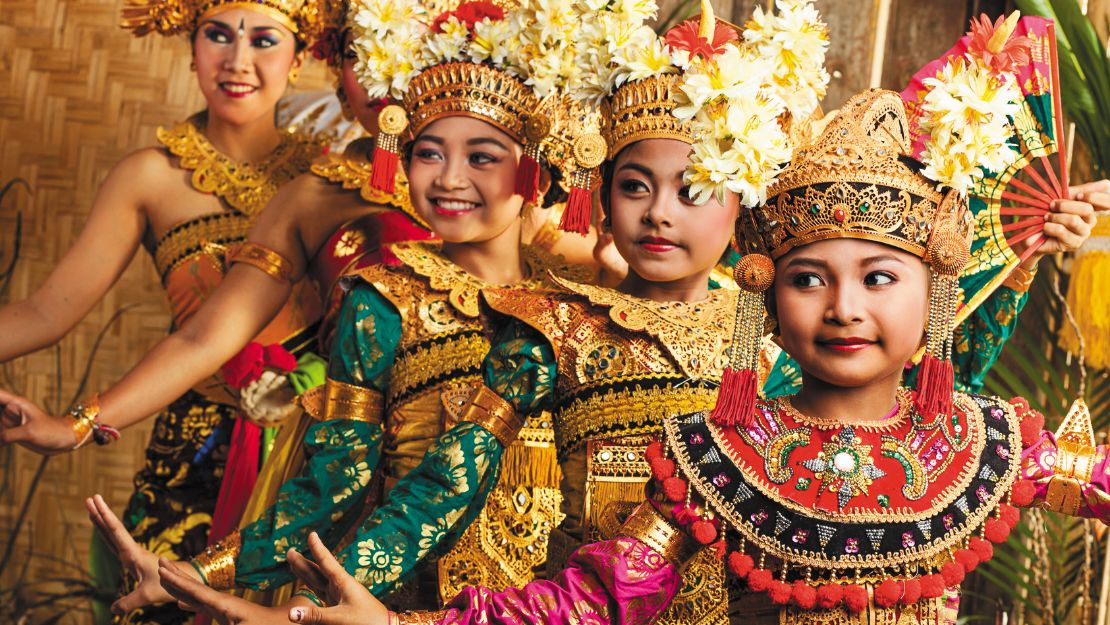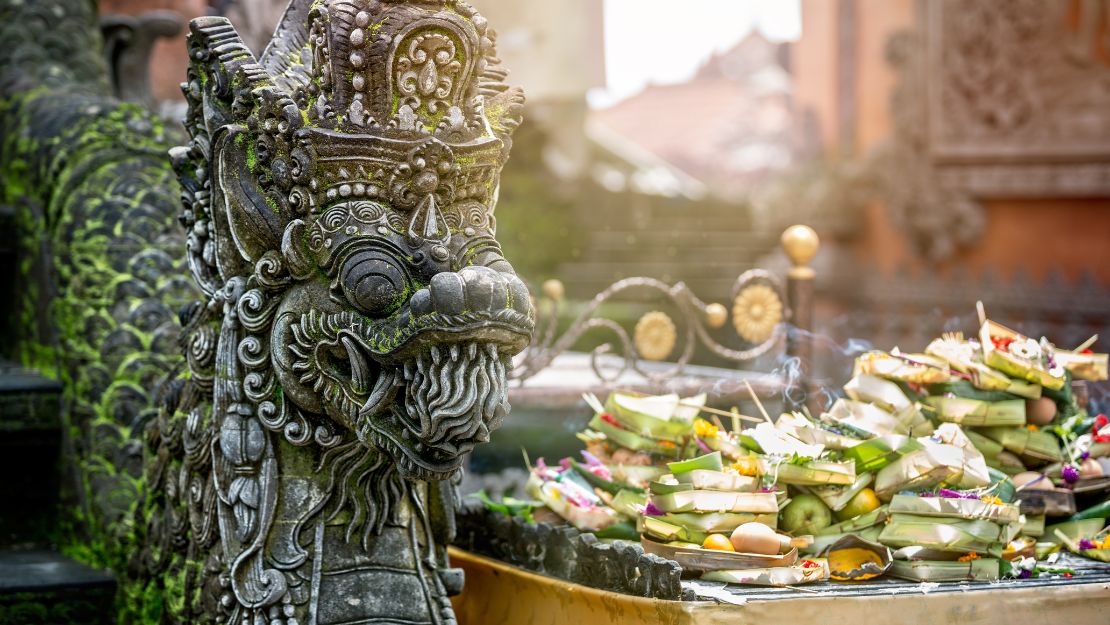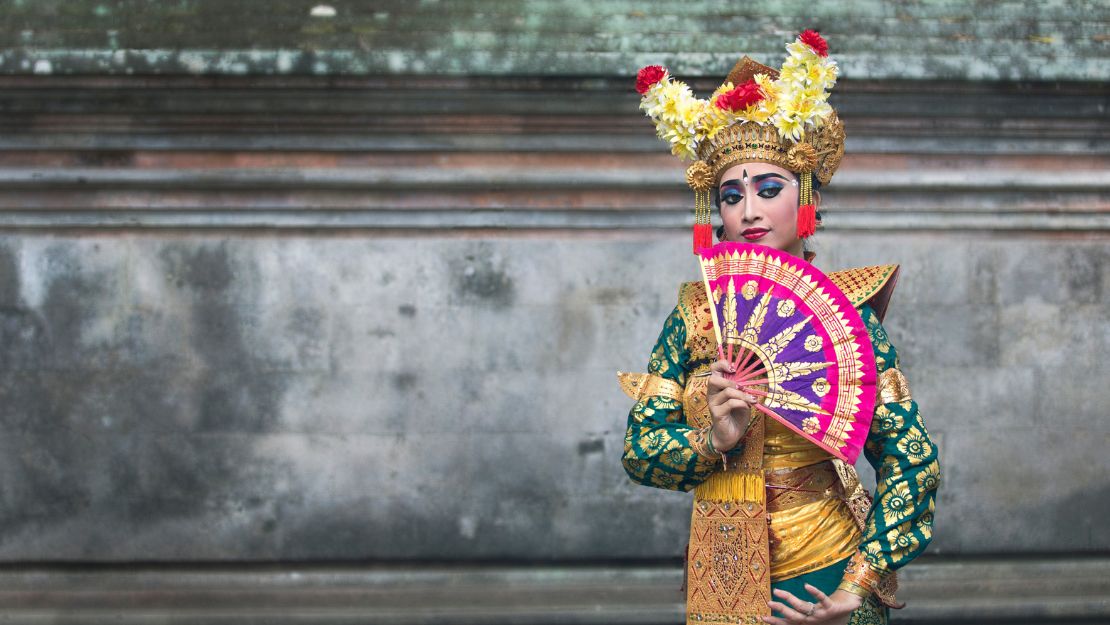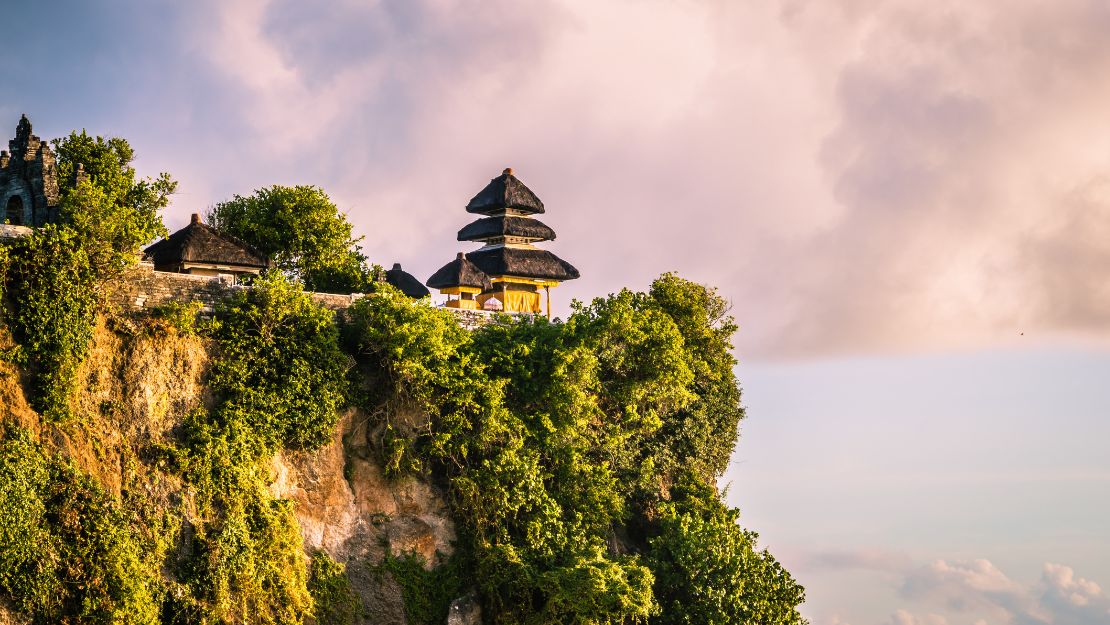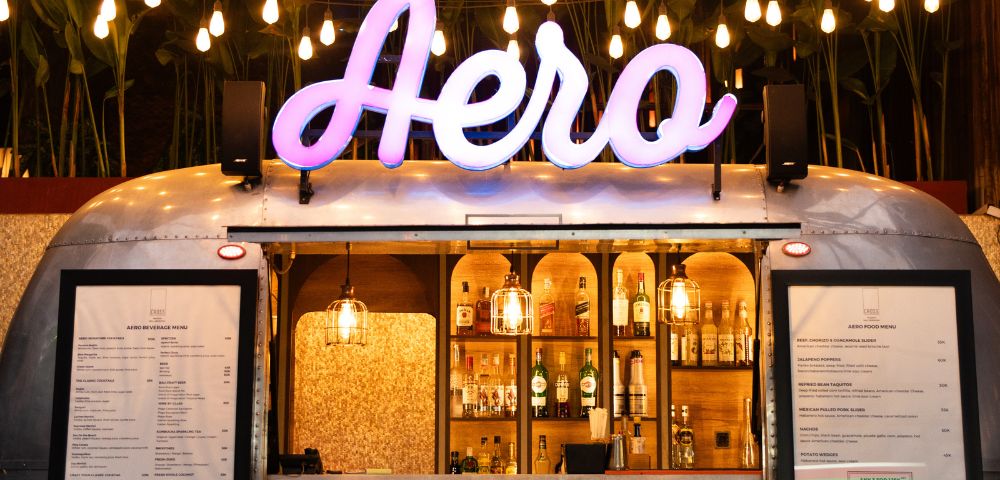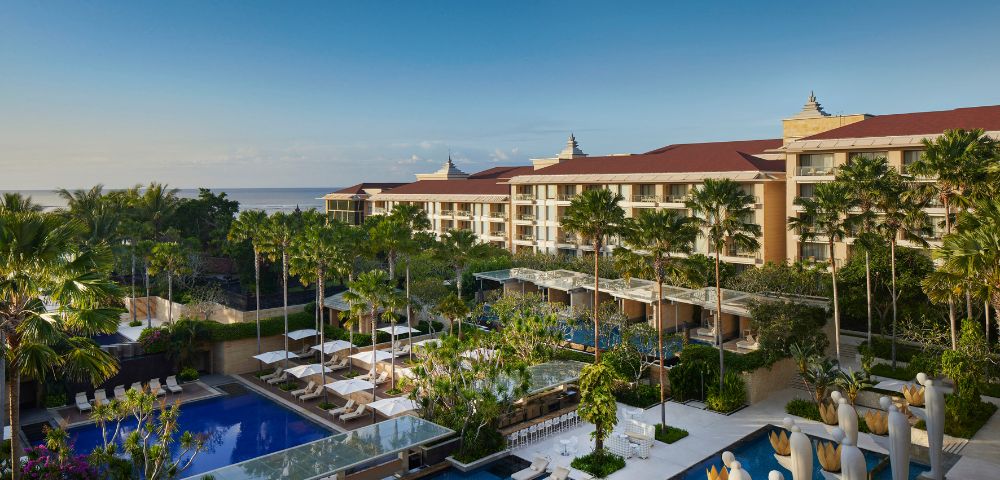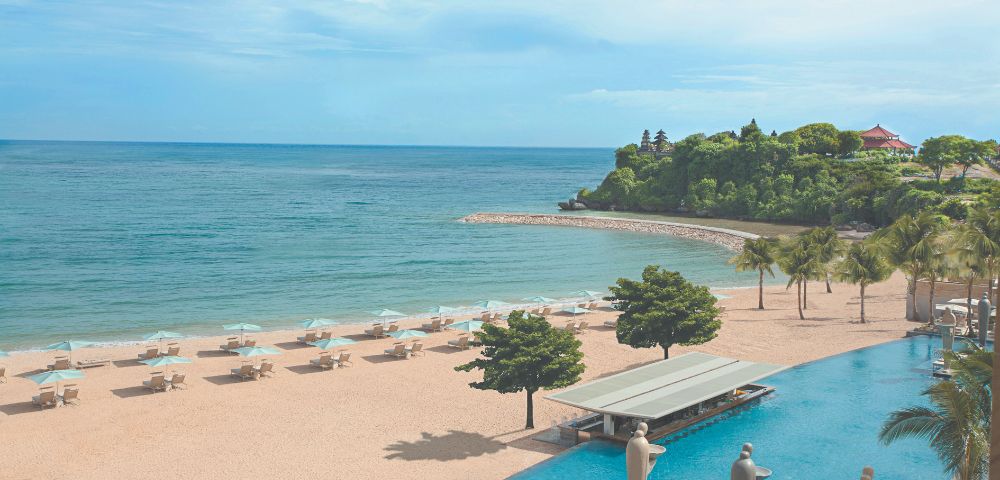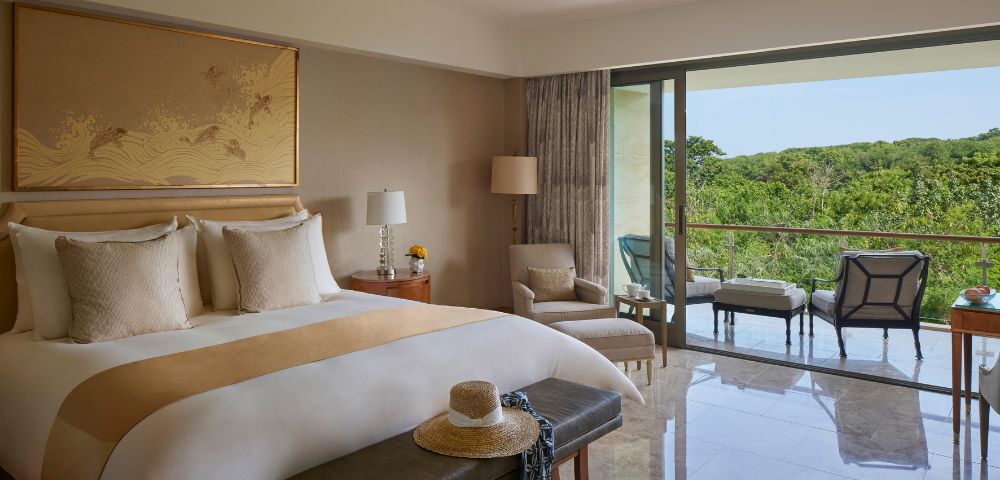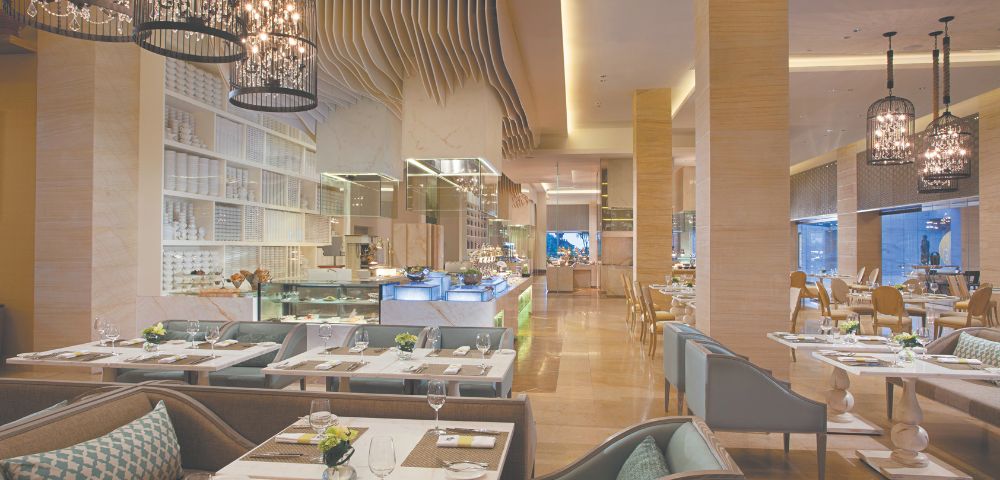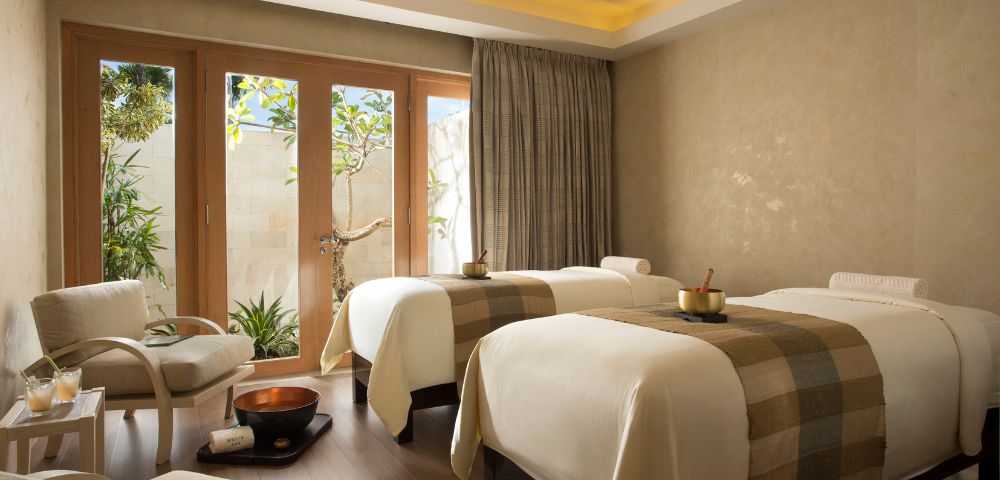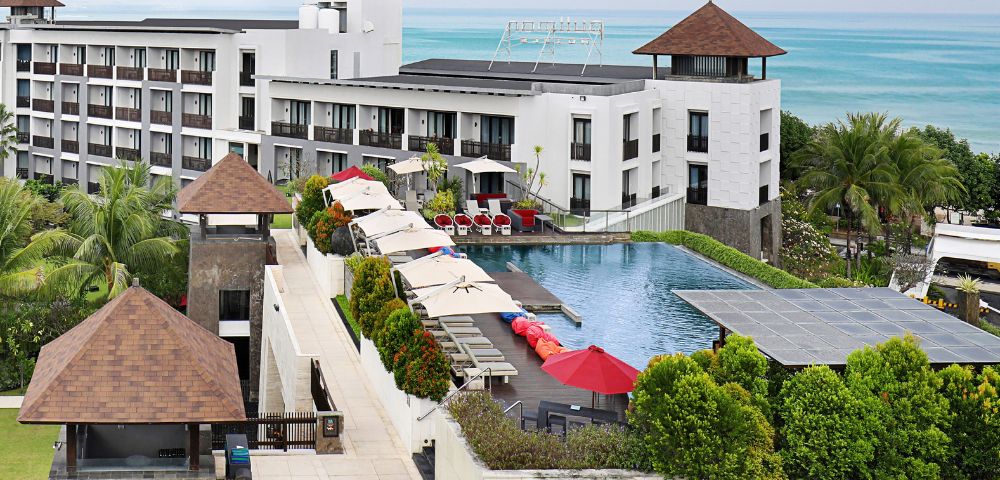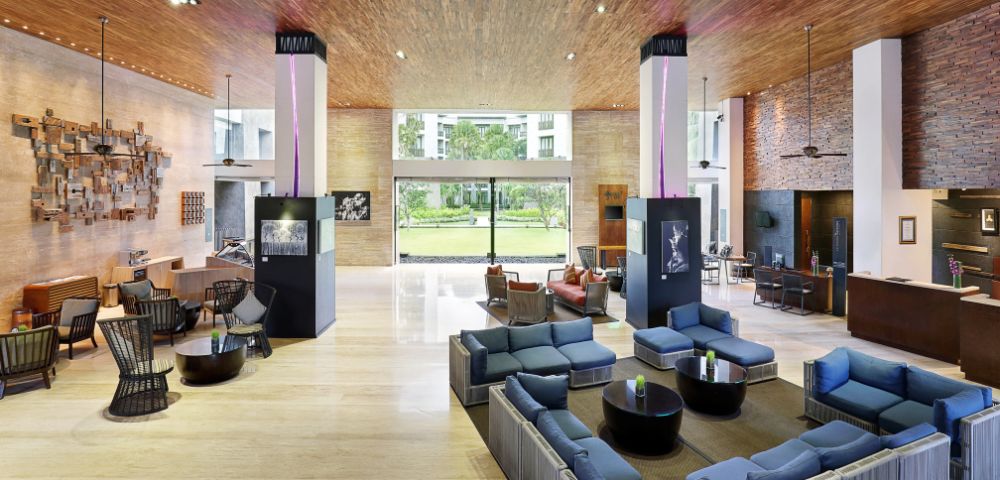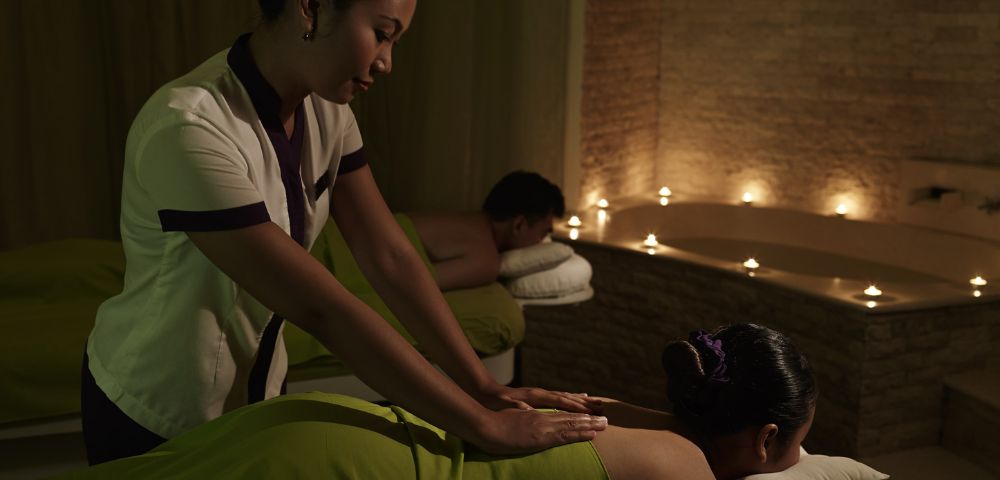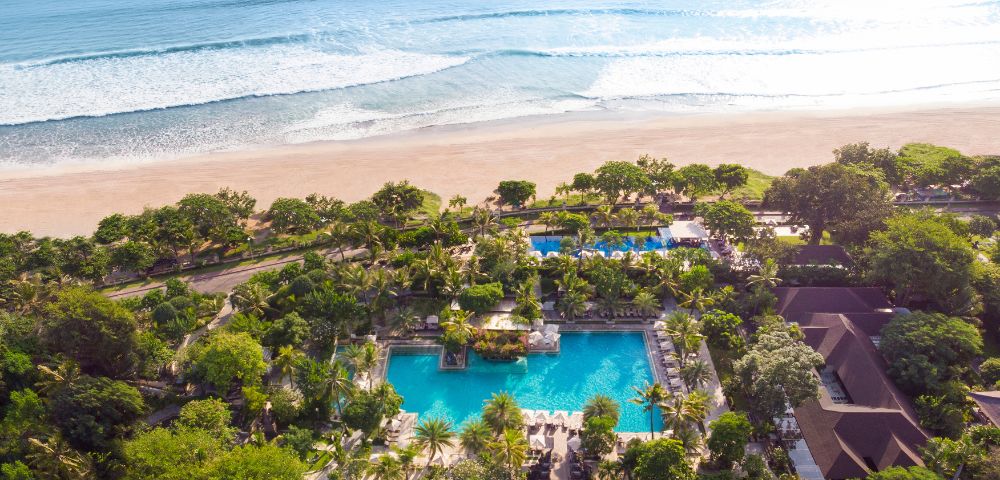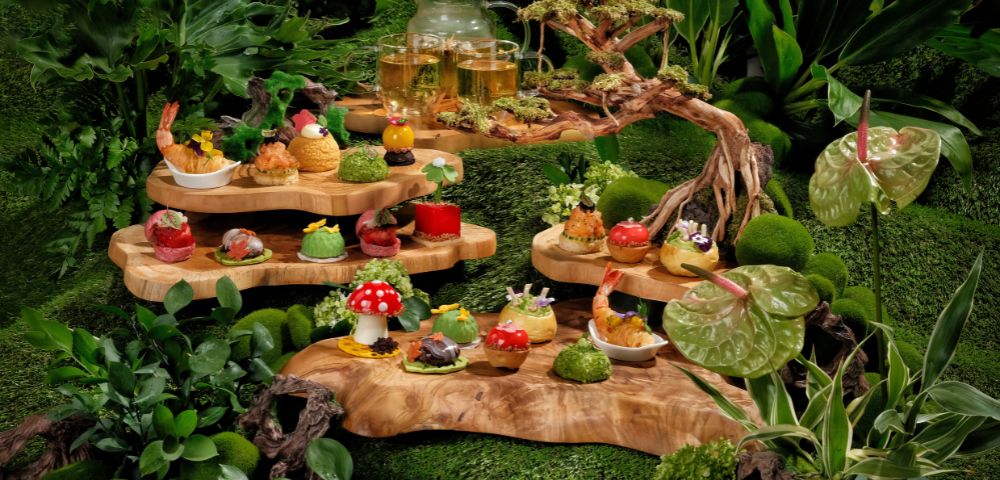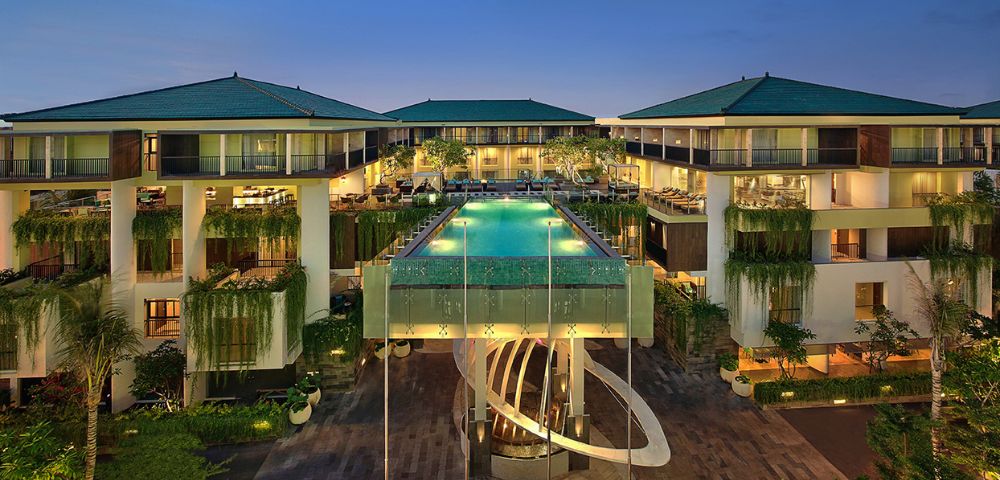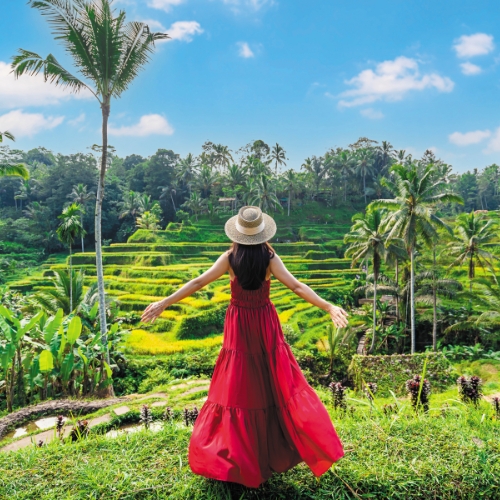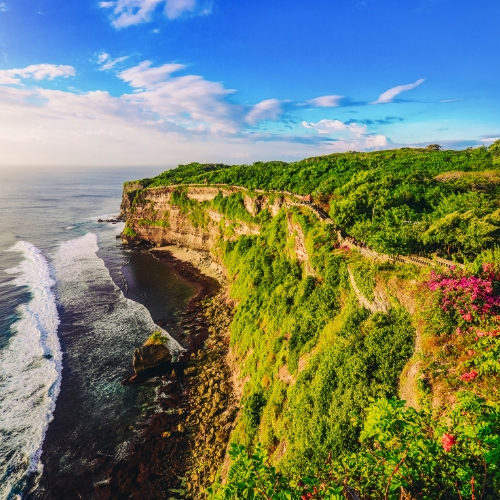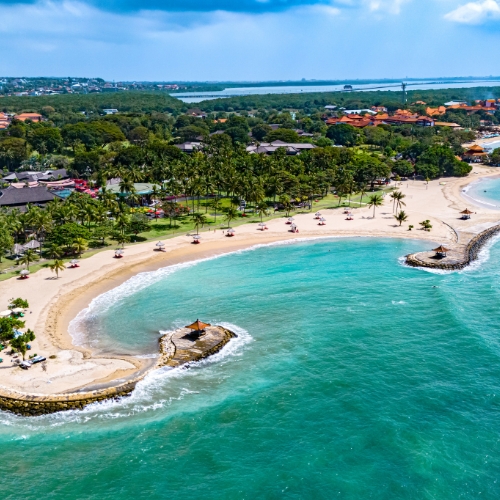Travelling to Bali is more than just a tropical escape. Immerse yourself in ancient culture that celebrates art, history, spirituality, food and more. From traditional greetings and religious rituals, understanding Bali’s language and culture can help you connect more meaningfully with the island and its people. Below, we answer common questions like what language is spoken in Bali, how do you say hello and what is the main religion in Bali.
Bali Language and Culture
What language is spoken in Bali?
The main language spoken in Bali is Balinese, also known as Basa Bali, which is used in daily conversation among locals and in traditional ceremonies. However, Indonesian (Bahasa Indonesia) is the official language of Bali and is taught in schools, used in media and spoken throughout Indonesia.
How widely is English spoken in Bali?
English is widely spoken in Bali, especially in major tourist hubs like Seminyak, Ubud, Canggu, Kuta, Nusa Dua and Uluwatu. You’ll find most hotel staff, tour guides and restaurant employees speak conversational English.
However, in rural villages and less-touristed areas, English proficiency may be limited, so learning a few local phrases is appreciated and often welcomed with a smile.
How do you say hello in Bali?
The most common and respectful ways to say hello in Bali are:
- “Om swastiastu” (ohm swah-stee-ah-stoo) is a traditional Balinese Hindu greeting, often used in formal or spiritual settings.
- “Halo” or “selamat pagi” is “hello” and “good morning” in Bahasa Indonesia. These are used in everyday situations.
Want to impress the locals? Learn a few simple phrases:
- “Terima kasih” is thank you
- “Ya” is yes
- “Tidak” is no
- “Sampai jumpa” is goodbye
What is the main religion in Bali?
Bali is unique in Indonesia for being predominantly Hindu. While the majority of Indonesians practice Islam, over 80% of Balinese people follow Balinese Hinduism, a distinct blend of Hindu traditions, local animism and ancestral worship.
Cultural highlights:
- Daily offerings called “canang sari” are placed at temples, homes, shops and even on the streets as a sign of gratitude and spiritual balance.
- Temples, called “pura”, are everywhere; some are family shrines, others are major ceremonial sites like Pura Besakih and Tanah Lot.
- Ceremonies, dance performances and religious festivals are a vital part of everyday life in Bali.
Embracing the culture of Bali
Understanding Bali’s language and culture isn’t just polite; it enhances your travel experience. From the warmth of a Balinese greeting to the beauty of spiritual rituals, you’ll find that the island’s charm lies in its people as much as its epic landscapes.
Whether you’re navigating a local market or watching a sunset ceremony at Uluwatu Temple, having a little cultural insight goes a long way. Add these cultural highlights to your Bali itinerary:
- Attend a traditional Balinese dance performance in Ubud or at a temple stage
- Visit sacred sites like Besakih Temple (Bali’s Mother Temple) and Tirta Empul water temple
- Take a Balinese cooking class and learn how to make dishes like nasi goreng and satay
- Explore local art villages like Celuk, Mas and Batuan, known for silverwork, wood carving and painting
- Experience a traditional purification ritual in a natural spring
- Browse handcrafted goods at the bustling local Ubud Art Market
- Join a full moon ceremony or temple festival if your visit aligns with these iconic Balinese events
Experience Balinese culture and make memories of a lifetime.
Holiday your way with My Bali
Ready to dive into the language, spirit and soul of Bali? Plan your culturally rich escape with a My Bali Holiday Expert, we’ll show you the heart behind the beauty.

